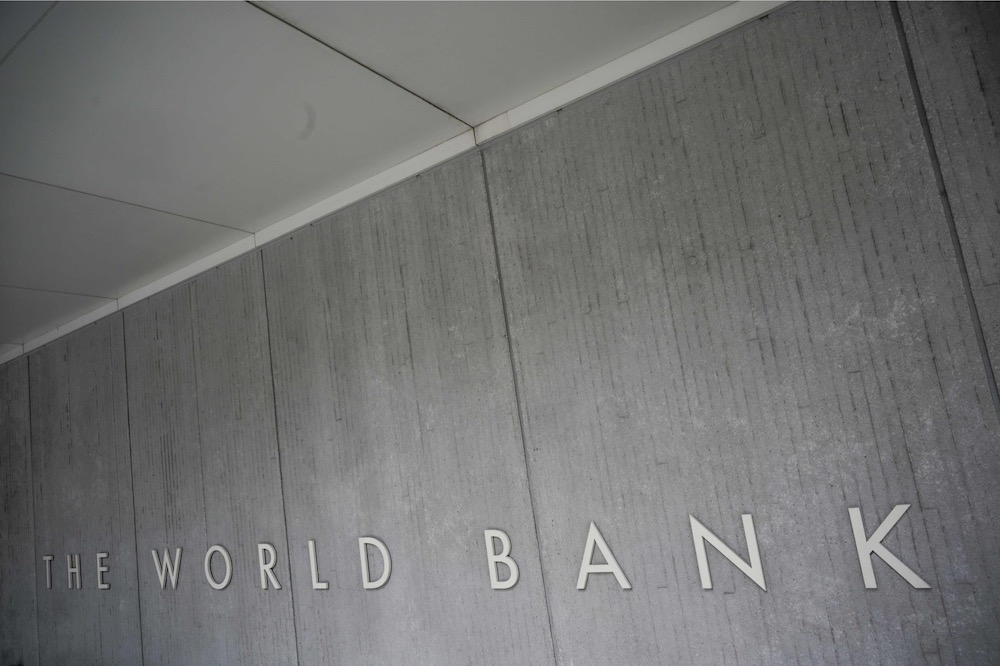LONDON, Oct 30 — The amount of money migrant workers send home is expected to fall 14 per cent by 2021 compared with levels before the coronavirus pandemic in 2019, the World Bank has estimated.
Flows of remittances to low and middle-income countries are set to fall by 7 per cent to US$508 billion (RM2.11 trillion) in 2020, before a further decline of 7.5 per cent to US$470 billion in 2021, according to the World Bank's Migration and Development Brief.
Tepid economic growth and employment levels in countries hosting migrants, weak oil prices and depreciation of the currencies of remittance-source countries against the US dollar were all factors behind the decline, the World Bank said.
“The impact of Covid-19 is pervasive when viewed through a migration lens as it affects migrants and their families who rely on remittances,” said Mamta Murthi, vice president for human development at the World Bank, adding that the World Bank will continue working with partners and countries to keep the remittances flowing.
Europe and East Asia will suffer the steepest drop in remittances in 2020 and 2021, of 16 per cent and 11 per cent, respectively, with central Asia also suffering a 8 per cent drop.
Remittance flows are a vital source of external financing for low and middle-income countries, with the level surging to a record high of US$548 billion last year, greater than foreign direct investment flows of US$534 billion and overseas development assistance of about US$166 billion.
The World Bank warned the gap between remittance flows and foreign direct investment is expected to widen further as the latter declines more sharply.
The stock of international migrants is likely to decline this year for the first time in recent history as new migration has slowed and more people return to their native countries after the lifting of national lockdowns left many migrant workers stranded in host countries, the World Bank noted. — Reuters





















